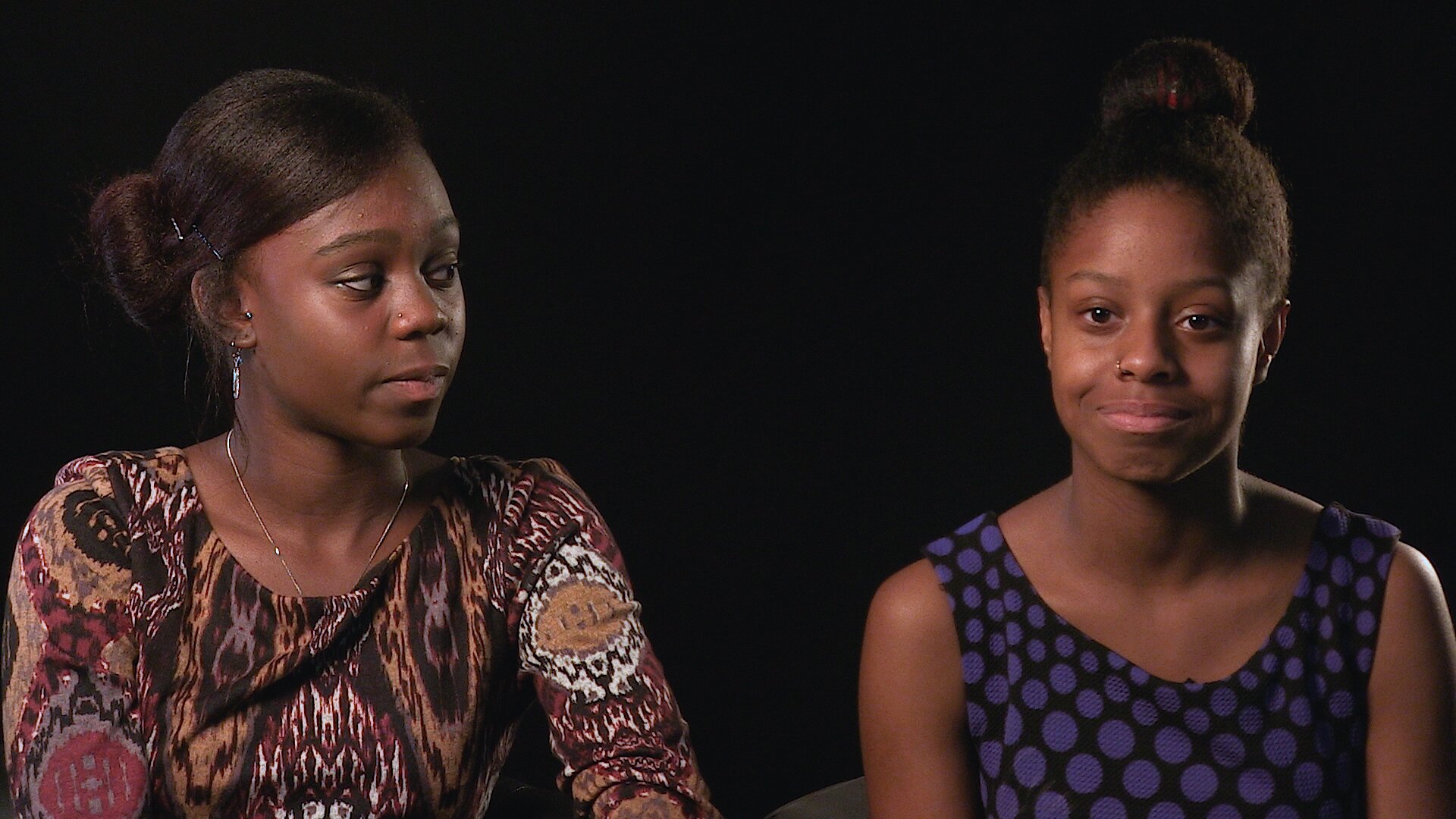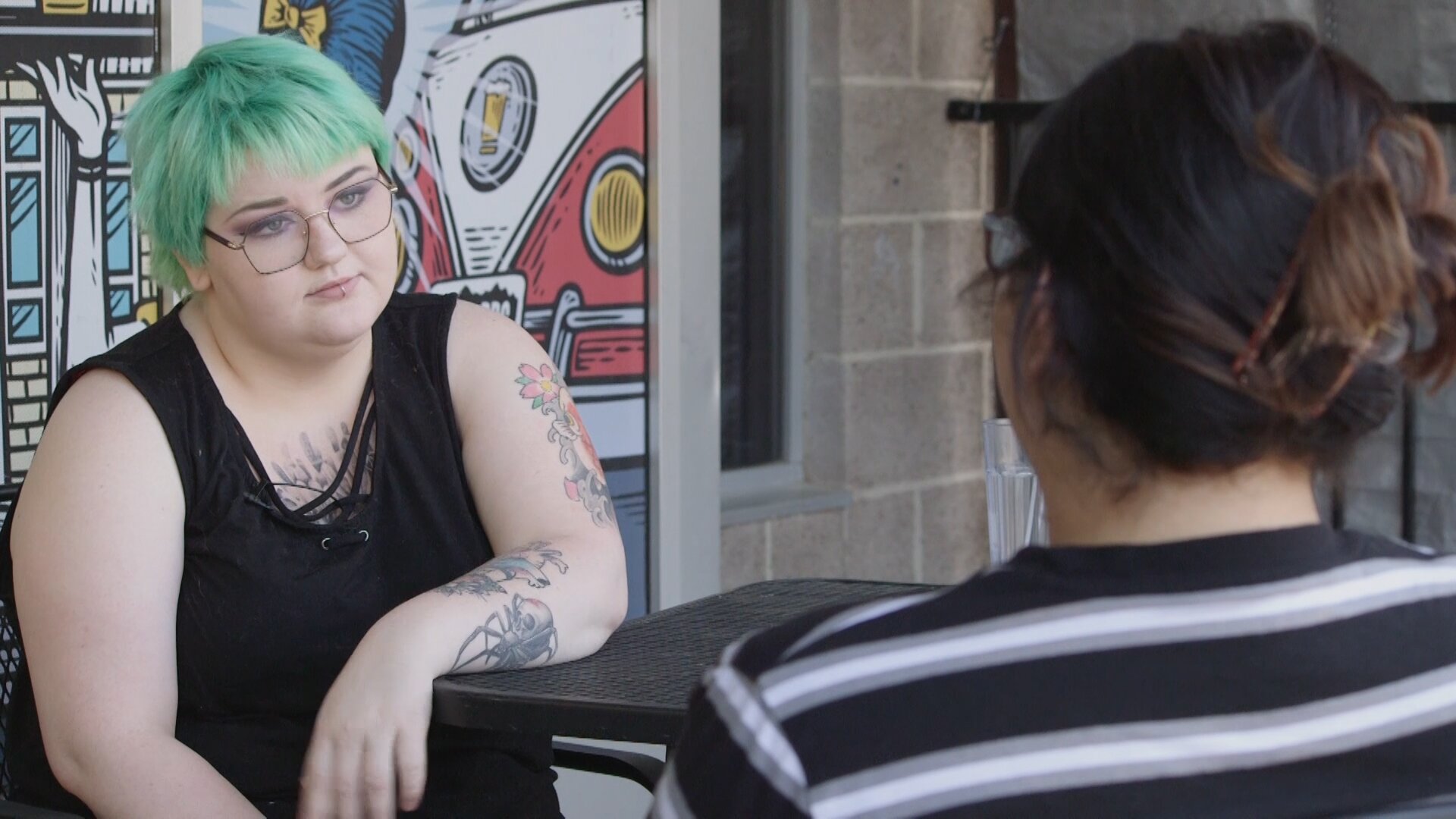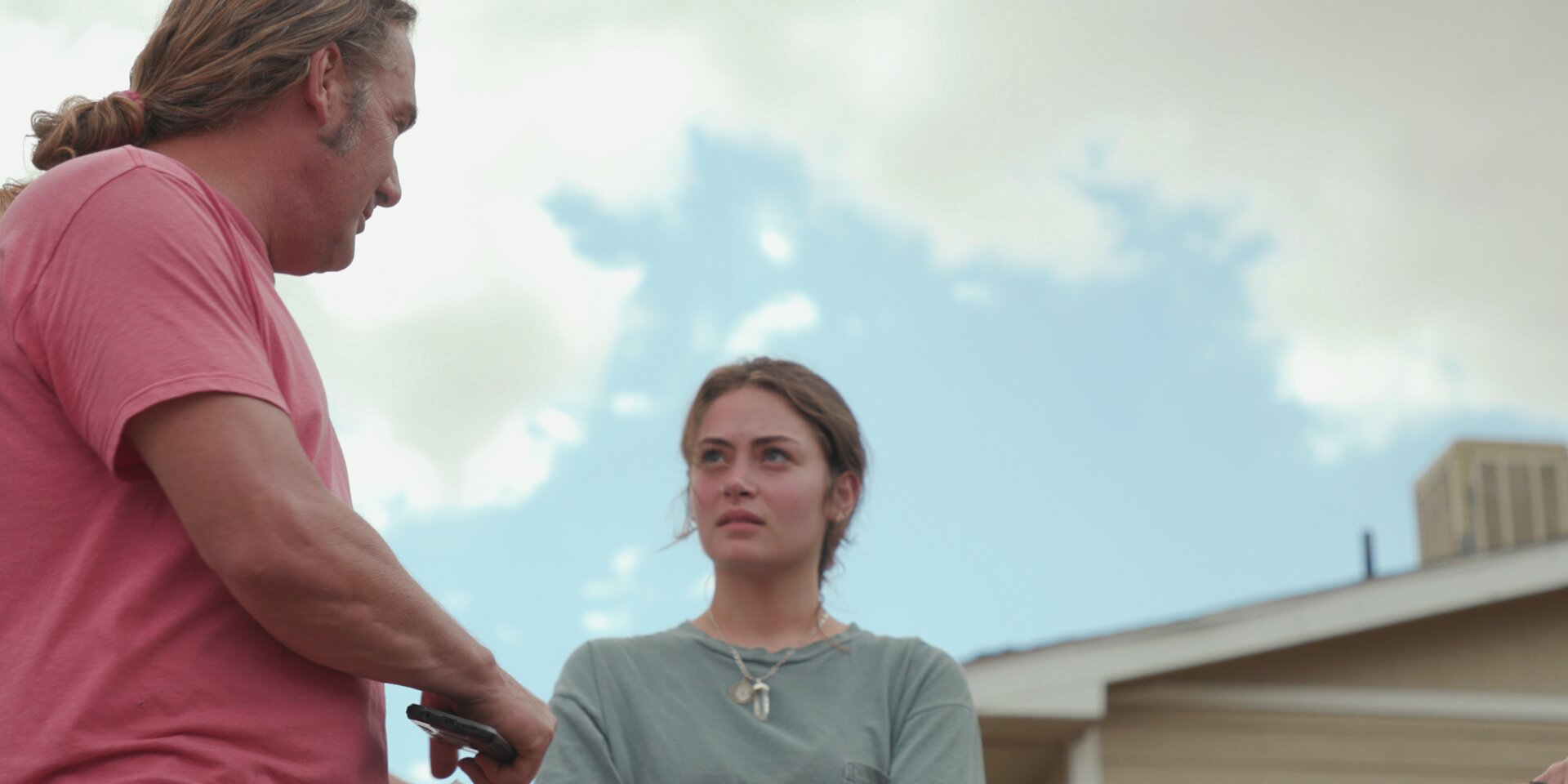Youth Documentary Academy celebrates a decade of storytelling
COLORADO SPRINGS, Colo. — Award-winning documentary storytelling featuring Colorado Springs youth returns to Rocky Mountain PBS Thursday, April 20 with the premiere of the second season of "Our Time."
Produced in partnership with professional filmmakers as part of the Youth Documentary Academy (YDA), "Our Time" focuses its lens on personal issues facing teens today.
After applying to the ten-week summer program, students work alongside seasoned industry leaders to approach issues including racism, gender identity, mental health, domestic violence, and immigration — all through their own lived experiences.
The resulting short films have garnered numerous awards and dozens of film festival inclusions. U.S. Rep. Diana DeGette (D-Denver) said she applauds the young filmmakers for exploring “key public policy issues that are in our national conversation,” and for “so courageously and intimately tackling social issues that matter.”
This week’s episode acknowledges the leading cause of death for teens in the United States: suicide. Often framed as a “white issue,” filmmakers Kalia Hunter and Kallista Palapas break the silence surrounding the seeming societal disposability of Black lives that prevents many from seeking help for their depression and acts of self-harm.
In advance of Thursday’s premiere, Rocky Mountain PBS spoke with Sundance-winning filmmaker and YDA founder Tom Shepard about the organization’s first 10 years.
How did the "Our Time" television series come to be?
After eight years of making films with youth in southern Colorado, Youth Documentary Academy recognized that these films were really starting to open the door to courageous conversations about difficult topics. In partnership with Rocky Mountain PBS in 2019, we developed a series of six half-hour episodes to amplify those conversations. Each episode has two films that coalesce around a particular theme or social issue. We wanted to be able to interview the filmmakers at the end of the episode and have them reflect back on what it meant to make the film, too. Sometimes the students have been 15, 16, or 17 when they're making their films with our team, and then they're 22 or 23 when the films come to air.
The series has since been picked up for national distribution by American Public Television. What does this mean for the program and its students?
With RMPBS as our presenting station, Season One of "Our Time" broadcast to just over 80% of PBS stations nationwide through APT, who distributes content across the PBS system. We're super excited to engage audiences in Colorado, and now, we are starting to engage audiences outside of Colorado, too. Season Two, which premieres this Thursday on Rocky Mountain PBS, has six new episodes, with 12 new films. It really gives us a national stage and an occasion for these topics, the filmmakers, and our team to be able to speak to a larger audience. The films take place in Colorado, but when you see and hear the stories, they resonate broadly. It's exciting to get feedback from diverse audiences.

Students explore their lived experience in the Youth Documentary Academy television program "Our Time."
What topics did students choose to approach through this year's film program?
Our season opener tackles teen mental health and suicide among Black families. I think in part because El Paso County and Colorado has one of the highest rates of teen suicide, we've had a lot of young people come into our program wanting to make films about that, and from very different vantage points. Sometimes it's a suicide attempt, and a story of surviving suicide. Or maybe it's a film about grieving and death. It's so easy in suicidality to talk about numbers. We are trying to put stories and faces behind the statistics. Also, there's this kind of invisibility of Black lives in terms of teen mental health. The rate of suicide among kids of color and in particular African American teens has increased dramatically and has increased more than other groups in the last few years. And yet Black families don't always find themselves with easy access points to a Black therapist, or a therapist who really understands the issues that Black folks are dealing with. Our first episode really looks deeply at some of those issues.
Another episode deals with immigration and first-generation immigrants in southern Colorado. We have an amazing story of a refugee from Africa. Their grandmother was an activist in Congo, and that activism led to her family being targeted. And so our filmmaker and her grandmother ended up in Colorado Springs.
We have stories about domestic violence and how kids are making sense of that and metabolizing that within their own families. We have films about transgender youth, which I think are important right now, given both the climate and the discourse in the U.S. These are the voices and stories from young people themselves about the representations of trans lives.
These are many of the issues that all Americans are wrestling with and are asked to wrestle with. But again, in "Our Time," it's really brought forth through the lens and through the eyes of young people.

You grew up in Colorado Springs. Can you reflect on your reasons for choosing to create Youth Documentary Academy here?
I grew up here in the late 80s, early 90s. If you wanted to be a filmmaker, if you wanted to be a documentary storyteller, you had to go to the coasts. And I think ten years ago, I myself did that. I came to California and I found my own voice as a filmmaker. I found a group of folks who are super supportive in a resource-rich area like the Bay Area. We were very intentional ten years ago about what would it look like to create one of these elite film arts academies, not on the coast, but somewhere in the middle of the country, and really kind of ask the question, who gets to tell their stories?
We were trying to kind of level the playing field geographically. Also, we wanted to put cameras and microphones in the hands of young people, and try to address some of the equity issues that we see in our field. There's a lot of talk in documentary about diversity and inclusion and equity, and I think our position is that equity rubber hits the road when you actually train young people themselves.
Our model is just very much mentorship. So the young people get to learn how to make a film by making something that is valuable to them or is precious to them or is difficult for them. And that helps them and really motivates them to want to learn the filmmaking skills.
Applications just closed for the tenth anniversary YDA program. What students and stories are you looking forward to working with this year?
It's hard to believe that this summer is our 10th anniversary. This will be our 10th matriculating class. And it's interesting — the applications that we get now tend to be higher quality. I think part of that is that more people are learning about our program. When we first started, nobody knew us. We were just knocking on the door of every school and community group that we knew of to find young people that might be interested in this. And I think now enough people have seen some of the work and met some of our graduates. And so what I'm finding is that the applications are more honed in terms of what stories young people might want to tell in a program like this. We get to interview a number of the candidates in the next couple of weeks, and then we hit the ground running again.

What are your plans to celebrate a decade of filmmaking with youth and community? What does the next decade bring?
I think everything that we're doing now is trying to make the work more accessible to broader and broader audiences. When we started seeing how powerful the films can be in opening the door to these conversations, especially peer to peer, the work we're most passionate about became actually going into schools and letting our filmmakers present their films to other young people. We call this program Youth Media Matters. That seems to be a pretty powerful experience. We've partnered with a number of organizations, one of whom, Pikes Peak Suicide Prevention Partnership, has become our facilitator in the schools. They're able to do teen mental health work through this program, which is so desperately needed in the schools right now. I think that's the direction of our organization in the second decade. There's something about these films that helps audiences learn how to listen in a different way, and we hope that that maybe increases people's capacity for empathy.
Season 2 of "Our Time" airs nationally on PBS stations and premieres locally on Rocky Mountain PBS Thursday nights at 7:30 p.m. from April 20 through May 5.
Kate Perdoni is Interim Content Co-director at Rocky Mountain PBS and can be reached at kateperdoni@rmpbs.org.
